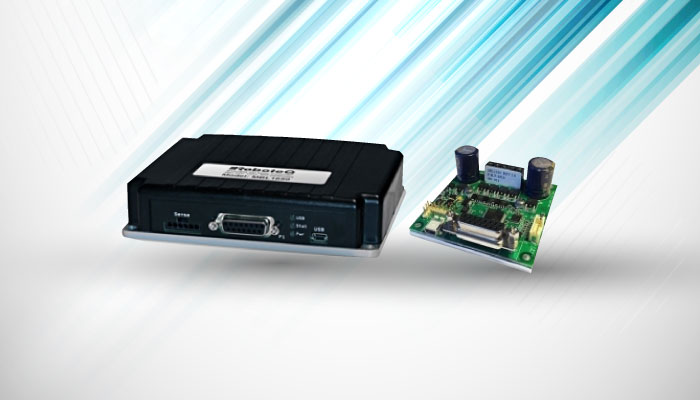Top 5 Tips for Securing Your Industrial Control Systems ICS from Cyberattacks
.jpg)
Industrial control systems (ICS) form the backbone of critical infrastructure and manufacturing processes, making them lucrative targets for cyberattacks. As cyber threats continue to evolve in sophistication and frequency, organizations must prioritize the security of their ICS environments. In this blog post, we'll delve into five essential tips for safeguarding your industrial control systems from cyber threats.
- Implement Robust Access Control Measures: Access control is paramount in protecting ICS environments from unauthorized access and potential cyber threats. By limiting access to critical systems and data to authorized personnel only, organizations can mitigate the risk of security breaches. Implementing strong authentication mechanisms such as multi-factor authentication (MFA) adds an extra layer of security by requiring multiple forms of verification before granting access. Regularly reviewing and updating user permissions ensures that access rights remain aligned with business requirements and minimizes the risk of insider threats.
- Harden Your ICS Infrastructure: Hardening your ICS infrastructure involves applying security best practices and industry standards to bolster its defenses against cyber threats. Start by disabling unnecessary services and protocols to reduce the attack surface and eliminate potential avenues for exploitation by threat actors. Configure firewalls to restrict inbound and outbound traffic, allowing only authorized communications to and from the ICS network. Regularly patching and updating software and firmware is critical to addressing known vulnerabilities and safeguarding against exploits. Additionally, implementing network segmentation helps isolate critical systems from less secure networks, further enhancing security.
- Monitor and Analyze Network Traffic: Continuous monitoring of network traffic is essential for detecting and responding to cyber threats in real-time. Intrusion detection systems (IDS) and intrusion prevention systems (IPS) can help organizations monitor network traffic for signs of suspicious activity or potential security breaches. By analyzing network logs and alerts, security teams can identify anomalous behavior indicative of a cyberattack and take proactive measures to mitigate the threat. Deploying advanced threat detection technologies and leveraging threat intelligence feeds can further enhance the organization's ability to detect and respond to emerging cyber threats effectively.
- Educate and Train Employees: Human error remains one of the leading causes of cybersecurity incidents, highlighting the importance of employee education and training in bolstering the overall security posture of an organization. By educating employees about the risks of cyber threats and the importance of adhering to security best practices, organizations can empower their workforce to become active participants in the defense against cyberattacks. Providing comprehensive training on identifying phishing attempts, practicing good password hygiene, and reporting security incidents promptly can help raise awareness and foster a culture of security consciousness throughout the organization.
- Develop and Test Incident Response Plans: Preparing for cyber incidents requires organizations to develop and test comprehensive incident response plans to effectively mitigate the impact of security breaches. Define clear procedures for responding to security incidents, including communication protocols, escalation paths, and recovery strategies. Conducting regular tabletop exercises and simulated cyberattack scenarios allows organizations to evaluate the effectiveness of their incident response plans and identify areas for improvement. By refining incident response capabilities and fostering collaboration across departments, organizations can enhance their resilience to cyber threats and minimize the potential impact of security breaches.
Securing industrial control systems from cyberattacks demands a proactive and multi-layered approach that encompasses technical controls, employee awareness, and robust incident response capabilities. By implementing the above tips, organizations can strengthen the security posture of their controller control system environments and mitigate the risk of cyber threats effectively.
Secure your industrial control systems with Theta Controls! Discover precision and reliability with Theta Controls' range of Process Control Instruments, Process Indicator Controllers, PID Temperature Controllers, and Temperature Control Systems and Accessories. Streamline your processes and enhance efficiency with our advanced control solutions.
Contact us now to optimize your operations and elevate your performance!


